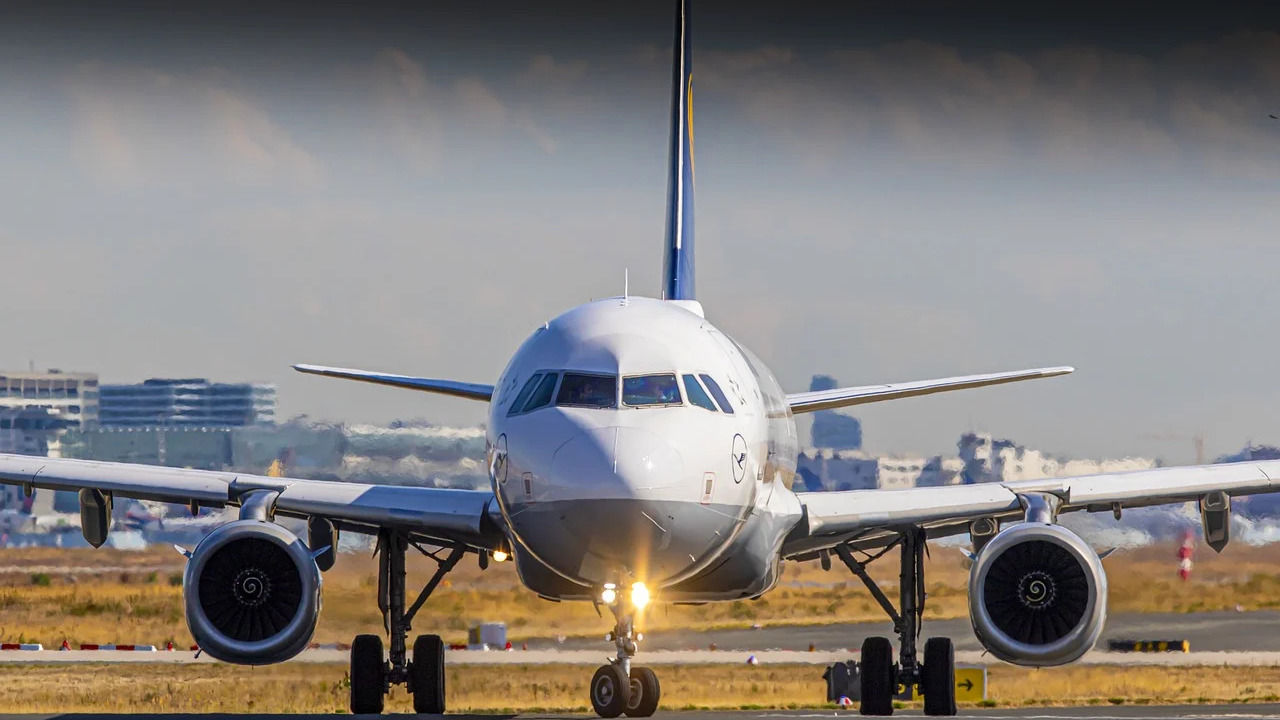EU delays aviation tax: European Union member states are considering postponing taxes on aviation fuel by 20 years in a bid to move forward with long-stalled tax reforms, according to a draft document obtained by Reuters. In 2021, the European Commission proposed a major overhaul of energy tax regulations to make them more environmentally friendly, including plans to impose taxes on aviation fuels used within the 27-nation bloc. These fuels are currently not subject to tax at the EU level. After failing to reach consensus on earlier proposals to set an EU minimum tax rate for jet fuel from 2028, EU countries are now considering exempting both aviation and maritime fuels from these taxes for a further 20 years, the draft compromise said.
Justification for tax delay
The document explains that the lack of sustainable alternative fuels (SAFs) on the market means that taxing aviation fuels would likely lead to higher airfares without promoting a shift to SAFs. Under the draft proposal, only small aircraft with up to 19 seats and boats used for “private pleasure boating” would face minimum EU taxes before the 20-year period concludes. Other aircraft and boats would not be subject to mandatory EU taxes, although each country can impose its own national taxes if it wishes. The draft compromise, prepared by Hungary, which currently holds the rotating EU presidency, also includes a provision for a review in 15 years to assess whether minimum EU tax rates should start to apply to aviation and marine fuels after the 20-year exemption ends. Other fuels, such as gasoline for vehicles and electricity, already face minimum EU tax rates.
Diplomatic hurdles ahead
EU diplomats are due to debate the proposal later this month. However, changing EU tax policy is notoriously tricky because of the need for unanimous approval from all member states, meaning any government can block the reform. Climate activists, who have long advocated for an end to the EU tax break on jet fuel, criticized the potential 20-year delay as incompatible with the EU’s goal of achieving net-zero emissions by 2050. “By the time this tax comes into effect, the world should have reached climate neutrality,” said Jo Dardenne, aviation director at the nonprofit group Transport & Environment.(With contributions from Reuters)
Disclaimer:
The information contained in this post is for general information purposes only. We make no representations or warranties of any kind, express or implied, about the completeness, accuracy, reliability, suitability or availability with respect to the website or the information, products, services, or related graphics contained on the post for any purpose.
We respect the intellectual property rights of content creators. If you are the owner of any material featured on our website and have concerns about its use, please contact us. We are committed to addressing any copyright issues promptly and will remove any material within 2 days of receiving a request from the rightful owner.

